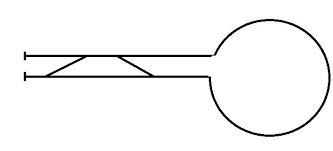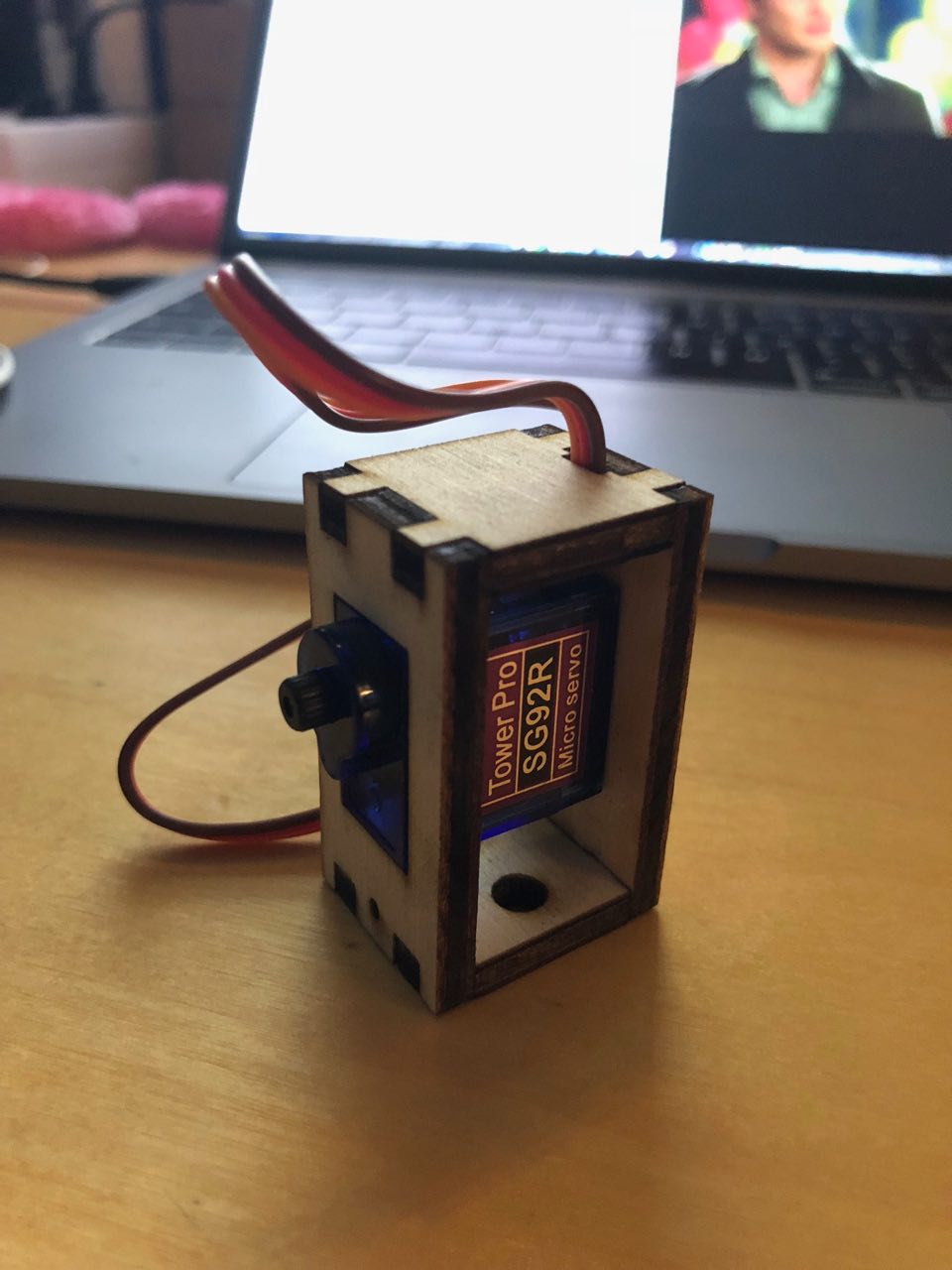Treinen
| Project Trains (N gauge) | |
|---|---|
| File:PlanLeidenTrein.jpg | |
| This project is about reconstructing dutch railway at a scale of 1:160 (N gauge). Trains can be set to drive automatically on their own, or on different kind of inputs like: consoles, keyboards, synthesizers, phone notifications and other devices. | |
| Status | In progress |
| Contact | speqmo |
| Last Update | 2018-01-03 |
This project is about reconstructing dutch railway at a scale of 1:160 (N gauge). Trains can be set to drive automatically on their own, or on different kind of inputs like: consoles, keyboards, synthesizers, phone notifications and other devices. We're controlling trains like the how dutch railway company NS does; like train-block system etc. The railway is build on modules of 125(or less)*50cm. This makes the modules easy for transport and storage. Currently there is still railroad track available. If you want to build you own module, contact speqmo for more information.
Module: Leiden Centraal
Leiden Centraal station opened on 17 August 1842 as the southern terminal of the first expansion of the Old Line (Dutch: Oude Lijn) from Haarlem. The original building was replaced by a new one, designed by D.A.N. Margadant, in 1879. This station was later razed and replaced by a third station designed by HGJ Schelling. Due to its post-war design, which was also implemented at other Dutch railway stations, Leiden Centraal became synonymous with the word 'ugly.' Increasing numbers of passengers also caused the building to become overcrowded. Eventually, it was demolished.
The fourth, and current, station was designed by Harry Reijnders and completed in 1996. Consisting of a white lattice structure, a curved, shell-like entrance leads into a ticketing hall lined with shops and restaurants. When first built, the floor had a bright blue and white finish. Problems with passengers slipping required that the floor be replaced with standard tiling.
Track plan Leiden Centraal:
Module: loop
These are two 'end' modules. Each makes sure the train turns a 180 degrees so it can drive back.
Parts
Crossings
Crossings are changed with servo's. @Maeddoc made a frame to easily hide servo's under the track.
We still need to make a 3D object to print that will act as the Servo arm, switching the crossing when the servo turns.


